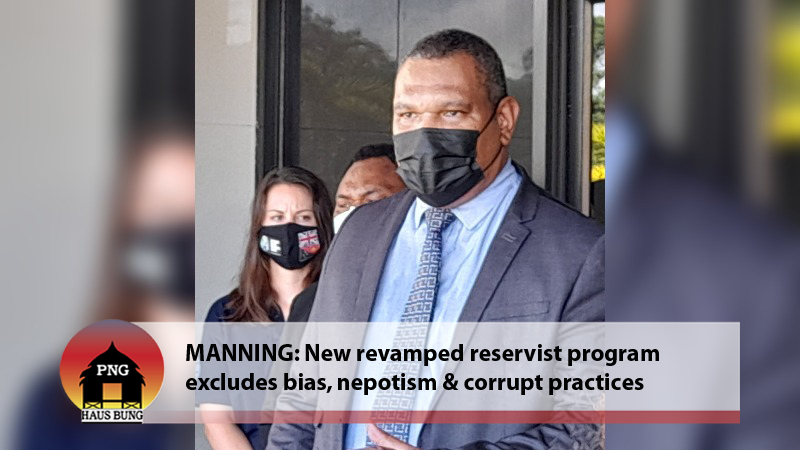NEWS
MANNING STANDS BY INTEGRITY OF POLICE RESERVIST RECRUITMENT
![]() By PNG Haus Bung |
November 9, 2021
By PNG Haus Bung |
November 9, 2021

Related News
LATEST NEWS






